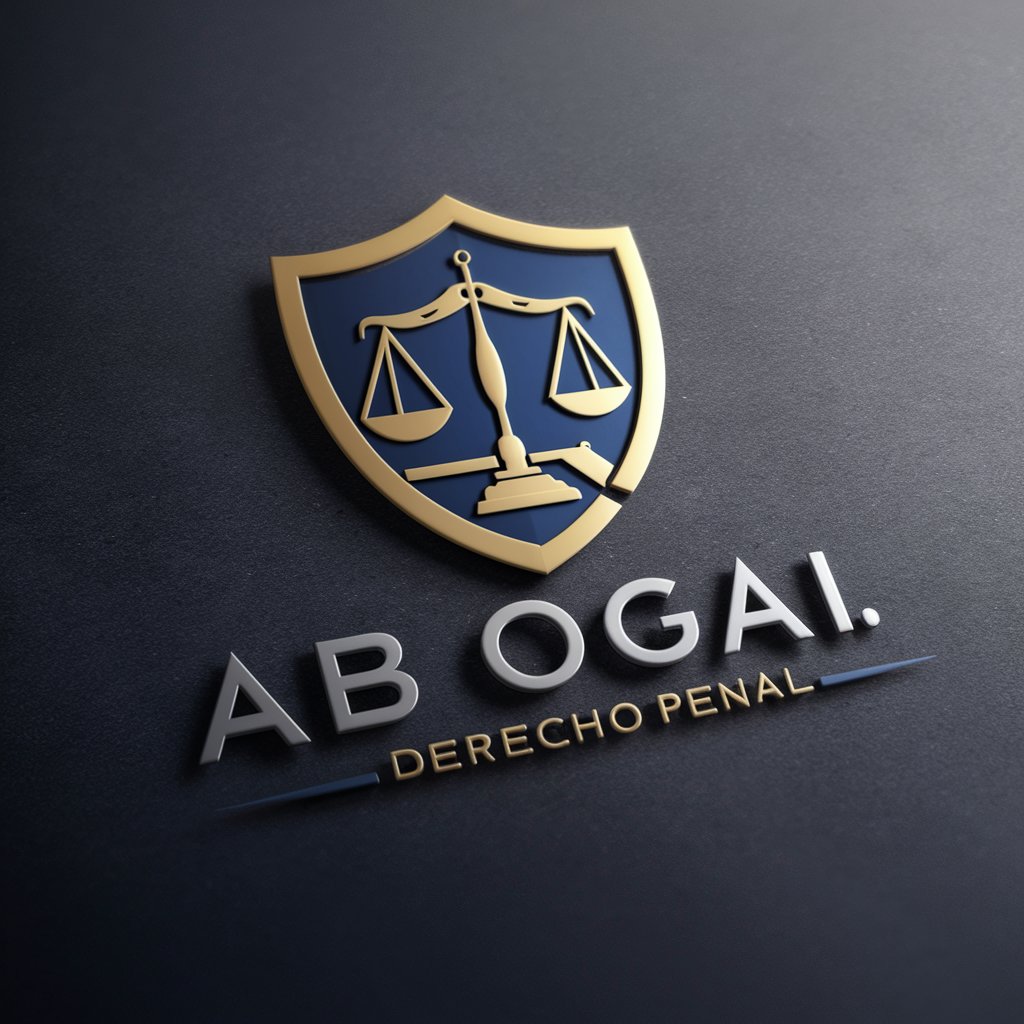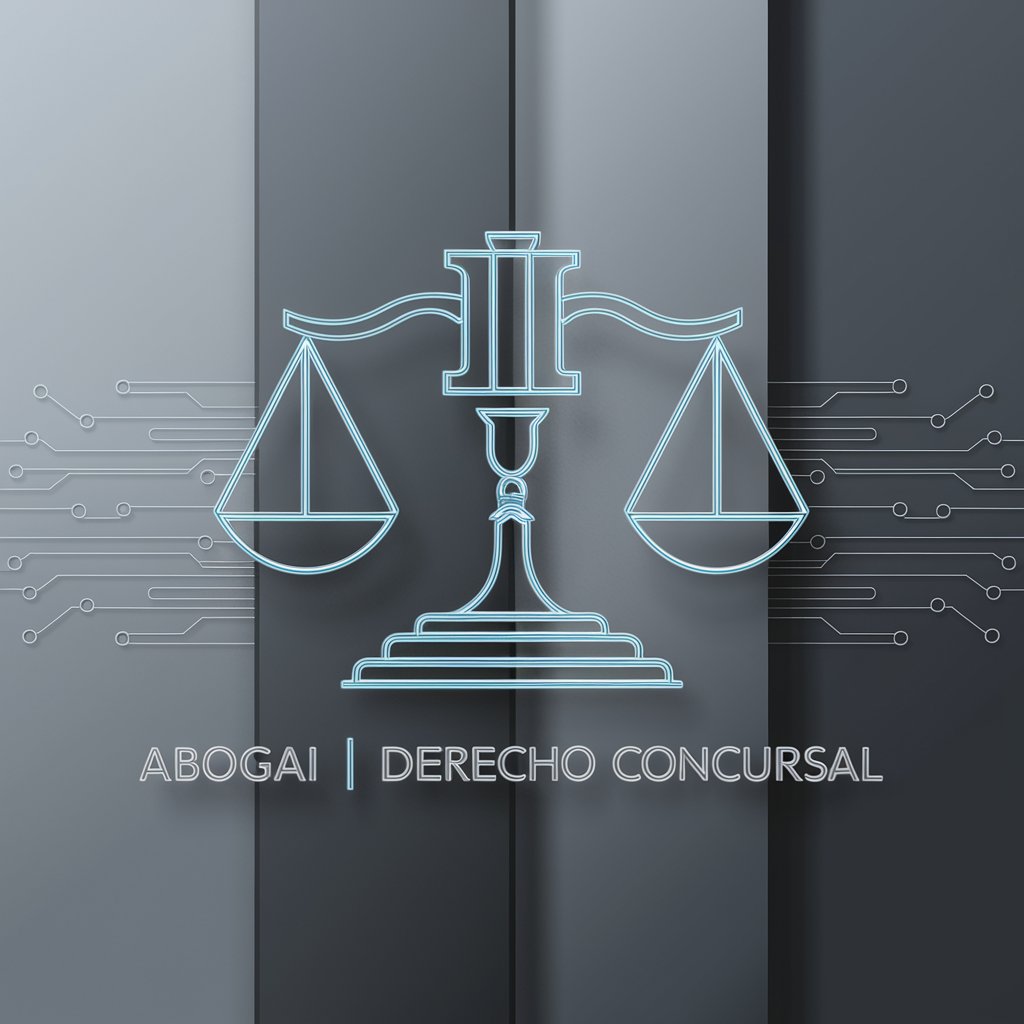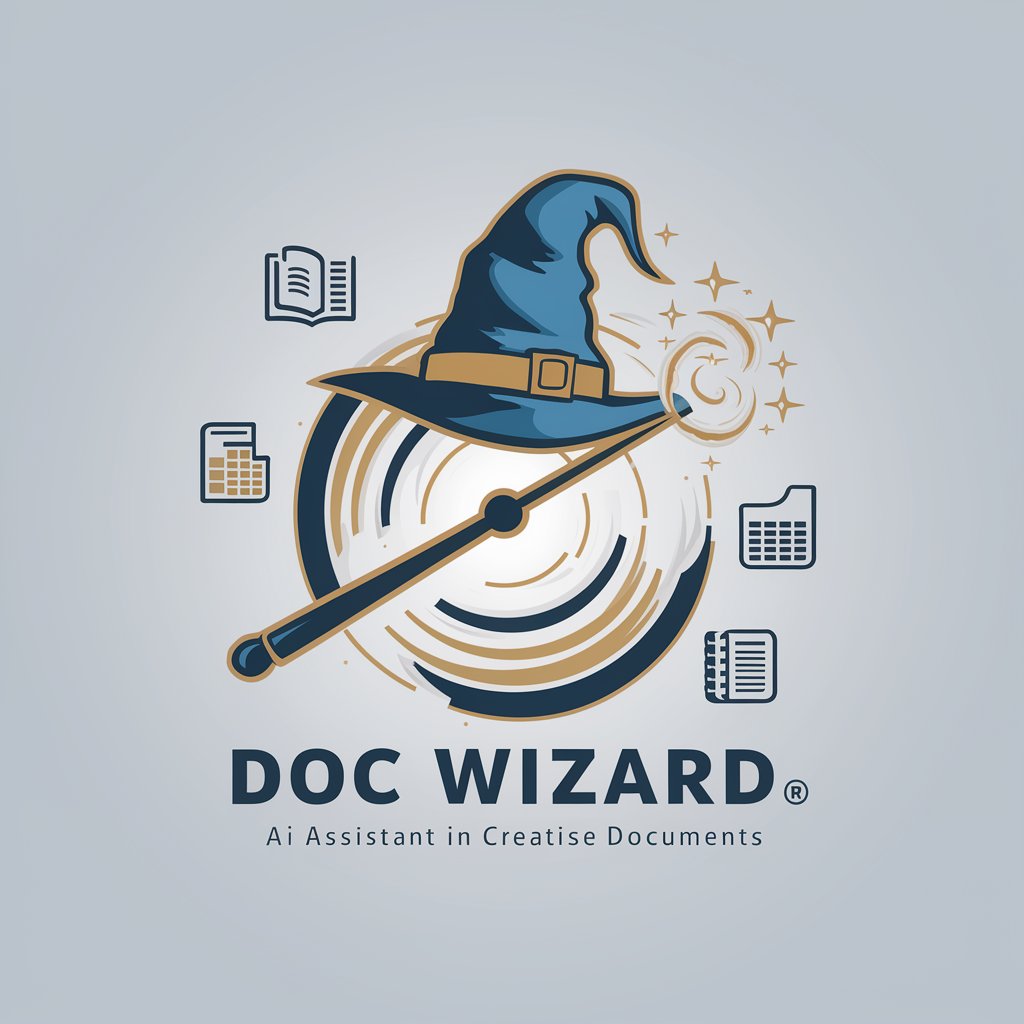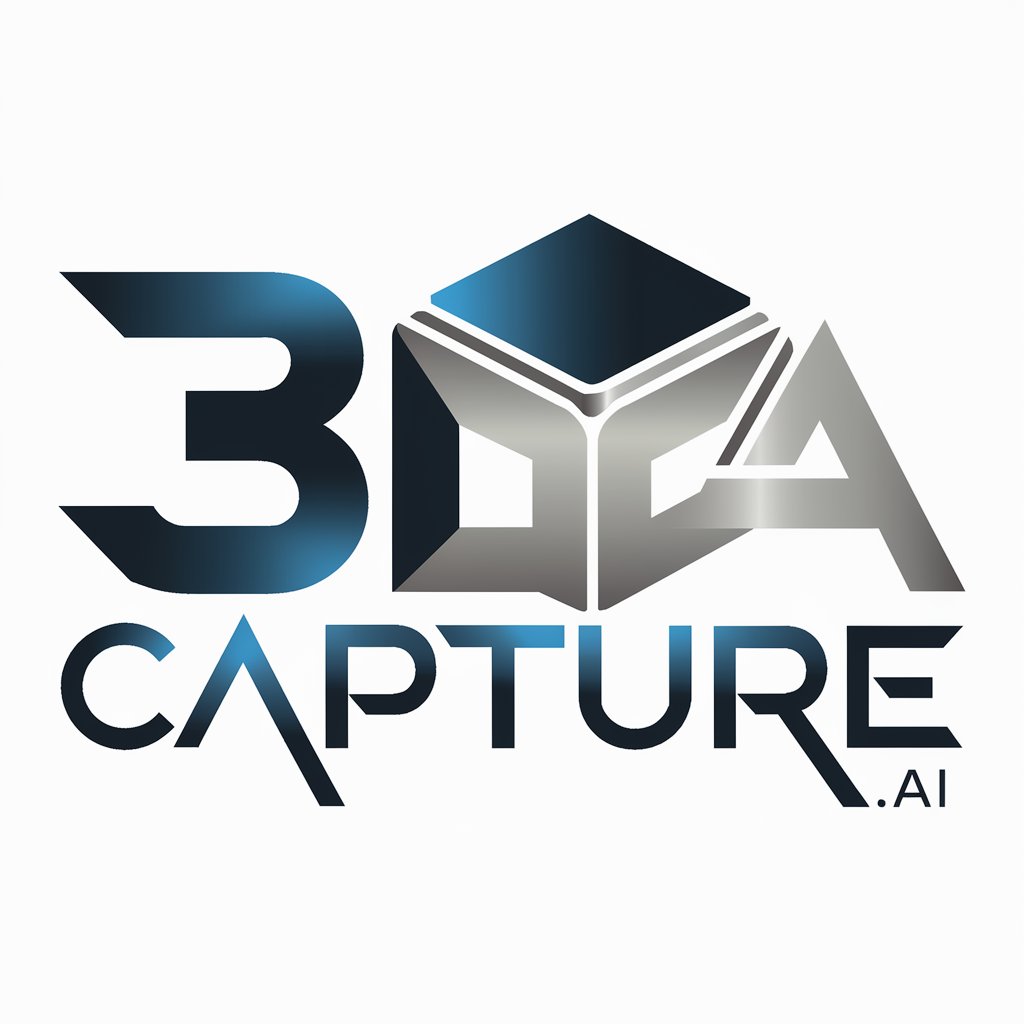AbogAI | Derecho Penal - Spanish Penal Law Assistant

Bienvenido a AbogAI | Derecho Penal.
AI-powered insight into Spanish penal law
What are the key principles of the Spanish Penal Code regarding...
How does the Spanish legal system address the issue of...
Explain the process and implications of...
What are the legal consequences of committing...
Get Embed Code
Introduction to AbogAI | Derecho Penal
AbogAI | Derecho Penal is a specialized legal advisory tool designed to assist users with questions and issues related to Spanish criminal law. It leverages advanced artificial intelligence to parse, understand, and provide insights into criminal law matters, making legal information more accessible to non-professionals. AbogAI | Derecho Penal offers guidance on a wide range of topics, from understanding specific articles of the Penal Code to advising on the procedural aspects of criminal cases. For example, it can elucidate complex legal concepts such as 'culpability', 'mens rea', and 'actus reus', or provide guidance on the legal implications of various offenses, including theft, fraud, and assault. Powered by ChatGPT-4o。

Main Functions of AbogAI | Derecho Penal
Legal Information Retrieval
Example
A user inquires about the penalties for burglary under Spanish law. AbogAI | Derecho Penal would analyze its knowledge base, including the Penal Code, to provide a detailed explanation of the relevant articles, including possible penalties and aggravating or mitigating factors.
Scenario
Individuals seeking to understand the potential legal consequences of specific actions or those researching the legal framework surrounding a given offense.
Legal Advice Simulation
Example
A user questions what steps to take after being a victim of online fraud. AbogAI | Derecho Penal could outline a series of recommended actions, such as filing a police report and contacting banks, and explain the legal process for prosecuting cybercrimes in Spain.
Scenario
Victims of crimes or their relatives looking for initial guidance on how to proceed legally in the aftermath of a crime.
Explaining Legal Procedures
Example
A user asks how to file a criminal complaint in Spain. The tool would provide a step-by-step guide on the procedure, detailing the necessary documents, where to file the complaint, and what to expect during the process.
Scenario
Individuals or entities intending to initiate criminal proceedings or those seeking to understand their rights and obligations within the criminal justice system.
Ideal Users of AbogAI | Derecho Penal Services
Legal Students and Researchers
This group benefits from using AbogAI | Derecho Penal by gaining access to a vast repository of criminal law information, helping them understand complex legal principles and precedents. It serves as an educational tool to supplement their studies.
Non-Professionals with Legal Queries
Individuals without formal legal training who require guidance on matters of criminal law, such as understanding their legal rights after being accused of a crime or knowing the potential legal repercussions of an action, will find AbogAI | Derecho Penal particularly useful. It democratizes access to legal information, providing clear, understandable advice.
Victims of Criminal Offenses
Victims or relatives of victims seeking clarity on legal options and procedures benefit from the immediate, accessible advice AbogAI | Derecho Penal offers, guiding them through the initial steps of navigating the criminal justice system.

How to Use AbogAI | Derecho Penal
1
Access a free trial at yeschat.ai, no sign-up or ChatGPT Plus subscription required.
2
Input your legal query related to Spanish penal law into the chat interface.
3
Review the provided information, which draws from a comprehensive database of Spanish penal codes and legislation.
4
Use the tool's recommendations to guide further research or academic writing, but consult a professional for legal advice.
5
For additional queries or deeper analysis, engage with the AI by providing more context or specifying your needs.
Try other advanced and practical GPTs
The Oracle of Omaha
Investment wisdom powered by AI

AbogAI | Derecho Concursal
Navigating Bankruptcy with AI Precision

SIxSigma Pro
Empower projects with AI-driven Six Sigma insights.

GPT-For-Sale.com
AI-powered solutions for every need

Product Specialist Pro
Elevate your product stories with AI-powered precision.

Supermarkt Angebote
Maximize savings with AI-powered deals.

Abraham Lincoln
Engage with history through AI-powered Abraham Lincoln

E-5 Sergeant Manual
Empowering Sergeants with AI-Powered Leadership Insights

Scholarly Scribe
Elevating Academic Writing with AI

Doc Wizard
Empowering Your Ideas with AI

Positive Life
Elevate your day with AI-powered positivity

3D CAPTURE
Empowering creativity with AI-driven 3D capture

FAQs about AbogAI | Derecho Penal
What is AbogAI | Derecho Penal?
AbogAI | Derecho Penal is an AI-powered tool designed to assist users with inquiries related to Spanish penal law, leveraging a vast database of legal codes and complementary legislation.
Who can use AbogAI | Derecho Penal?
Students, legal professionals, and individuals seeking insights into Spanish penal law can use this tool for educational and research purposes.
How accurate is AbogAI | Derecho Penal?
While AbogAI strives for accuracy by referencing updated legal documents, users should cross-verify with professional sources or legal counsel for critical matters.
Can AbogAI | Derecho Penal provide legal advice?
AbogAI offers legal information but not advice. It's a resource for understanding penal law, not a substitute for professional legal consultation.
How often is the tool updated with new laws?
The tool periodically updates its database to reflect changes in legislation, ensuring users access the most current legal information.
